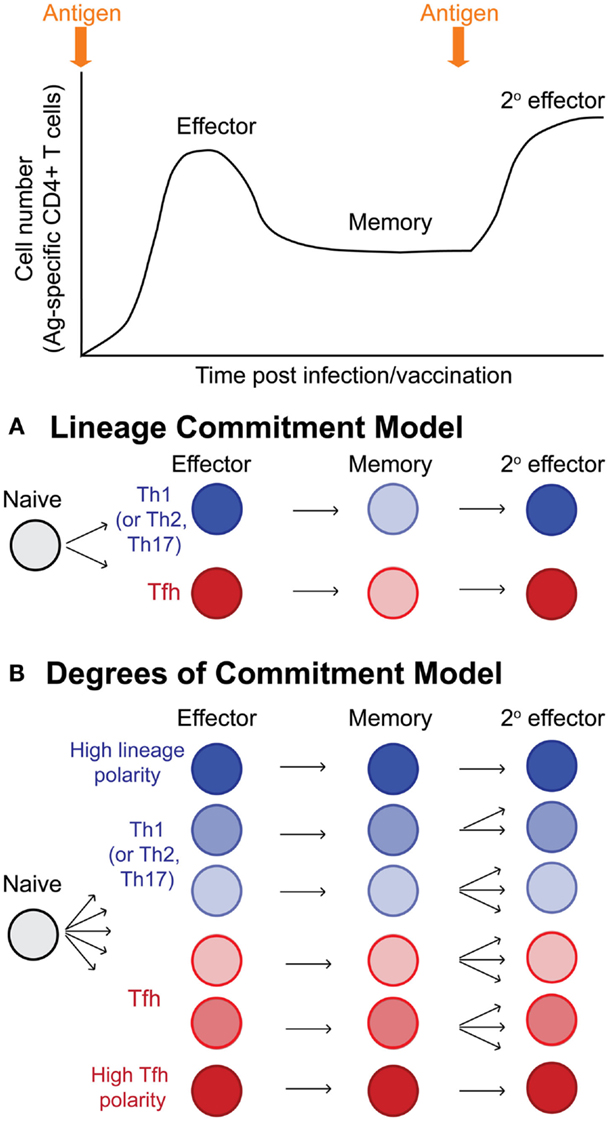Education and Earnings: Understanding the Real Relationship
The connection between education and earnings
The relationship between education and earnings has foresightful been considered aboveboard: more education lead to higher income. Nonetheless, this connection is more nuanced than many realize. While additional education much will correlate with will increase earnings, several factors will determine whether you will pursue more education will really will result in higher income.
Understand these factors is crucial for make inform decisions about educational investments, particularly as college costs continue to rise, and student loan debt become progressively burdensome for manyAmericanss.
When more education typically lead to higher earnings
Completing degree programs
One of the clearest instances where education boost earnings is when students complete their degree programs. Research systematically show that degree completion offer significant wage premiums compare to partial completion. A bachelor’s degree holder typically earn approximately 60 % more than someone with solely a high school diploma over their lifetime.
This completion effect is peculiarly pronounced in professional fields require specific credentials. For example, complete a nursing degree, engineering program, or teach certification direct enable access to careers with regulated entry requirements.
In demand fields and skills
Education leads to considerably higher earnings when align with market demand. Degrees in stem( science, technology, engineering, and mathematics), healthcare, and certain business specializations presently offer some of the highest returns on educational investment.
For instance, computer science graduates can expect starting salaries importantly higher than liberal arts majors. Likewise, specialized master’s degrees in fields like data science or cybersecurity much provide immediate salary increases due to high market demand and skills shortages.
Elite institutions and networks
Attend prestigious institutions oftentimes yield higher earnings, not equitable because of educational quality but besides due to network opportunities and employer perceptions. Graduates from elite universities oftentimes have access to exclusive recruitment channels and alumni networks that facilitate entry into eminent pay careers.
This institutional premium varies by field but can be especially significant in finance, consulting, and law, where firm recruitment oftentimes target specific schools.
Advanced degrees in certain professions
In some fields, advanced degrees direct correlate with considerably higher earnings. Medical doctors, dentists, lawyers, and pharmacists all require graduate level education and command salaries that typically justify the extent educational investment.
Professional degrees like MBBS from top programs besides often lead to significant salary increases, particularly when combine with relevant work experience.
When more education may not increase earnings
Oversaturated fields
Additional education doesn’t invariably translate to higher earnings in fields with an oversupply of qualified candidates. In some humanities disciplines and oversaturated professions, additional credentials may not importantly improve job prospects or salary potential.
For example, pursue a Ph.D. in many humanities fields frequently lead to limited tenure track opportunities, with many graduates accept adjunct positions that offer lower compensation than many jobs require solely bachelor’s degrees.
Opportunity costs
The time spend pursue additional education represent years of potential work experience and income. This opportunity cost can sometimes outweigh the benefits of additional credentials, specially for mid career professionals.
When consider graduate education, individuals must calculate not exactly tuition costs but likewise lose wages during study periods and delay retirement savings contributions.
Diminish returns
Educational returns can diminish with each additional degree. While the earnings gap between high school and bachelor’s degree holders is substantial, the difference between bachelor’s and master’s degrees is much smaller, and the premium for doctoral degrees outside specific fields may be minimal.
This pattern of diminish returns mean that second or third degrees may not provide the same financial benefit as initial degrees, peculiarly if they’re in the same or related fields.
Student loan debt burden
High student loan debt can importantly reduce the net financial benefit of additional education. When monthly loan payments consume a large portion of the salary increase gain from additional credentials, the effective financial return diminish.
This debt burden can delay other financial milestones like homeownership, retirement saving, and family formation far reduce the overall financial benefit of additional education.
Financial literacy and educational decision-making
How every promotes financial literacy
Every, a lead education technology company, provide digital financial literacy programs that help individuals make informed educational and career decisions. Their curriculum address critical aspects of educational investment, include:
- Understand the true costs of different educational pathways
- Calculate potential return on investment for various degrees
- Evaluate student loan options and repayment strategies
- Explore alternative educational paths like certifications, apprenticeships, and community college
Through interactive modules and real world scenarios, every will help students will develop the analytical skills will need to will assess whether additional education will potential will increase their will earn potential.
Critical financial concepts for educational decisions
Every’s programs emphasize several key financial concepts relevant to education and earnings:
Return on investment (rROI)
Understand educational ROI involve compare the total cost of education (include tuition, fees, and opportunity costs )against the project lifetime earnings increase. EvEveryeach students to calculate this ratio for different educational options and career paths.
Debt to income ratio
This critical metric will help individuals will determine whether their anticipated post graduation income will support their student loan repayment obligations. Every’s curriculum explain how to calculate and interpret this ratio when make educational decisions.
Alternative credentials
Not all valuable education come through traditional degree programs. Every highlight the potential value of certificates, licenses, and industry credentials that may provide substantial earnings increases with lower time and financial investments.
Maximize the financial return on education
Strategic educational planning
To ensure education lead to increase earnings, strategic planning is essential. This includes:
Research before commitment
Before pursue additional education, exhaustively research potential careers, typical salaries, job growth projections, and require credentials. Resources like the bureau of labor statistics occupational outlook handbook provide valuable data for these decisions.
Start with low-cost options
Consider begin higher education at community colleges or through employer tuition assistance programs. Many students can complete general education requirements at lower cost institutions before transfer to complete specialized coursework.
Pursue relevant experience alongside education
Internships, co-op programs, and part-time relevant work can importantly enhance the value of educational credentials. Employers progressively value practical experience alongside formal education when make hiring and compensation decisions.
Continuous skill development
In today’s quickly change economy, ongoing skill development oftentimes provide better returns than extended formal education. This includes:
Target certifications
Industry recognize certifications in areas like project management, data analysis, or specialized software can provide substantial salary increases without require full degree programs.
Employer sponsored training
Many organizations offer professional development opportunities that direct align with advancement paths within the company. These employer sponsor programs oftentimes provide immediate returns through promotion opportunities.
Self-directed learning
Online platforms offer affordable courses in high demand skills. Strategic selection of these learn opportunities base on industry trends and employer needs can enhance earn potential without formal degree commitments.
The change landscape of education and earnings
Technological disruption
Automation and artificial intelligence are transformed the relationship between education and earnings. While routine tasks become progressively automate, jobs require complex problem solve, creativity, and interpersonal skills remain valuable and oftentimes require specialized education.
Educational choices that develop adaptable, technology resistant skills may provide better long term earnings security than narrowly focus technical training in areas vulnerable to automation.
Alternative educational models
New educational approaches are emerged that more direct connect learning to earnings:
Income share agreements
These financing arrangements allow students to pay for education with a percentage of their post graduation income, align educational providers’ incentives with student earnings outcomes.
Employer design programs
Companies progressively collaborate with educational institutions to design curricula that forthwith prepare students for available positions, create clearer pathways from education to employment.

Source: uk.everfi.com
Competency base education
These programs award credentials base on demonstrate skills sooner than time spend in classrooms, potentially accelerate educational completion and entry into the workforce.
Make informed educational investments
The decision to pursue additional education should be approach as a significant financial investment. Like any investment, it requires careful analysis of potential returns, risks, and alternatives.

Source: everfi.com
Financial literacy programs like those offer by every provide essential tools for this analysis, help individuals understand when more education is likely to lead to more earnings and when alternative paths might provide better financial outcomes.
By combine financial literacy with career exploration and ongoing market research, individuals can make educational choices that maximize their earn potential while minimize unnecessary costs and debt burdens.
Conclusion
The relationship between education and earnings is complex and continue to evolve with economic and technological changes. While additional education much lead to higher earnings, this outcome depends on numerous factors include field of study, institution quality, market demand, and individual circumstances.
Financial literacy, as promote by organizations like every, play a crucial role in help individuals navigate these complexities. By understand the financial implications of educational choices and develop skills in analyze potential returns, people can make educational investments that really enhance their earn potential and overall financial wwell-being
As the cost of formal education continue to rise, make inform decisions about when, where, and how to pursue additional education become progressively important. The virtually successful educational investments will be those that will align with both personal interests and market realities, will create pathways to careers that will offer both financial rewards and personal fulfillment.
MORE FROM grabscholarships.de













